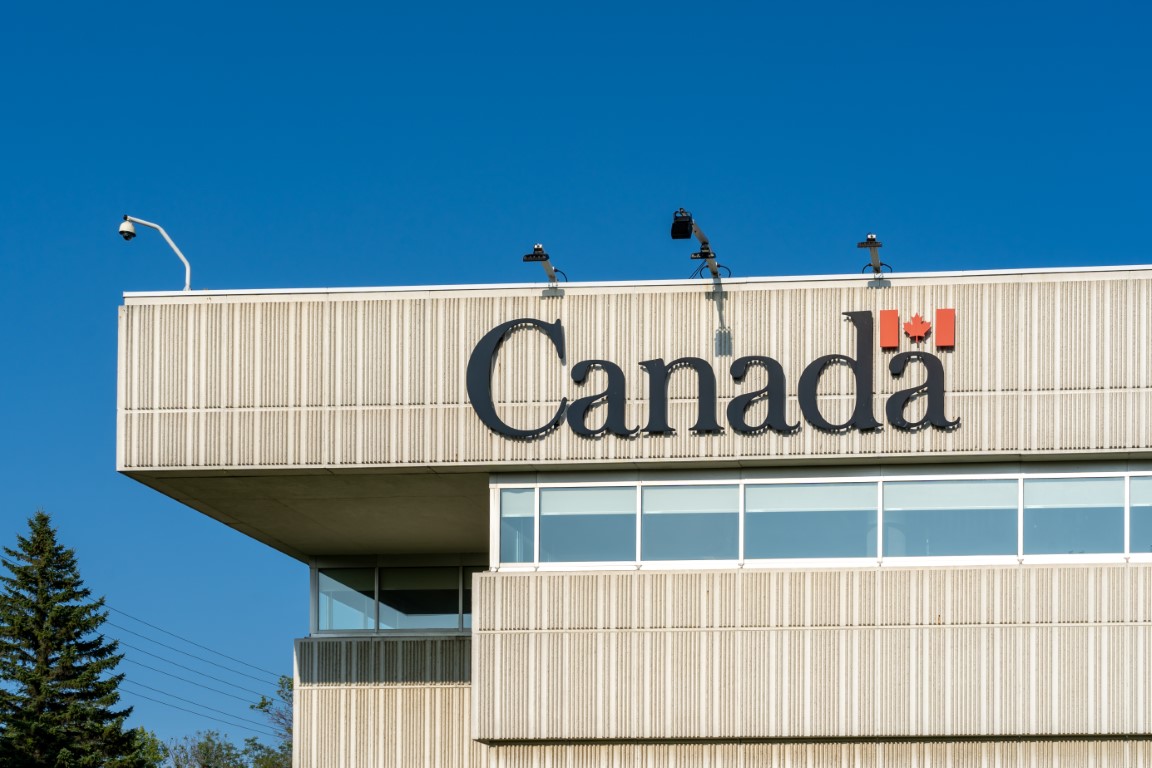CBC News – In the quiet halls of Newfoundland and Labrador’s higher education institutions, a less visible but deeply concerning issue is unfolding: the increasing reliance of students on food banks. Institutions like Memorial University in St. John’s and the College of the North Atlantic (CNA) are witnessing a growing trend of students, particularly international students, facing food insecurity.
The numbers speak volumes. In just a year, the demand at the Memorial University food bank has more than doubled, jumping from under 300 in October 2022 to about 800 by October of the following year. This sharp increase is not just a statistic; it represents hundreds of students grappling with the harsh reality of choosing between academic materials and meals.
International students, often with young families, are disproportionately affected. Struggling to juggle academic commitments, part-time jobs, and the high cost of living, they find themselves turning to food banks as a last resort. It’s a situation that vividly illustrates the often-overlooked financial struggles faced by this segment of the student population.
The challenge is not just for the students, but also for the food banks themselves. Jeff Martin from CNA reveals that they spend approximately $2,000 each week to stock one food bank, with stocks depleting rapidly, often within a day. This financial strain on the food banks highlights the urgent need for sustained support and donations.
The phrase “learning on an empty stomach” painfully encapsulates the dilemma faced by these students. The stress of hunger and financial insecurity can significantly hinder their academic performance and overall well-being. The food banks have become a lifeline for many, yet their future is uncertain without continued community support.
As this issue gains more visibility, it’s crucial to recognize the broader implications of food insecurity in higher education. The well-being of students is paramount for the future of any society, and ensuring they have access to basic needs like food is a responsibility that extends beyond the university campuses.
The rising demand for food banks among university students in Newfoundland and Labrador is a wake-up call. It challenges us to look beyond the academic achievements and focus on the holistic needs of our future leaders. It’s a call to action for communities, institutions, and governments to work collaboratively in ensuring no student has to choose between a meal and their education.












